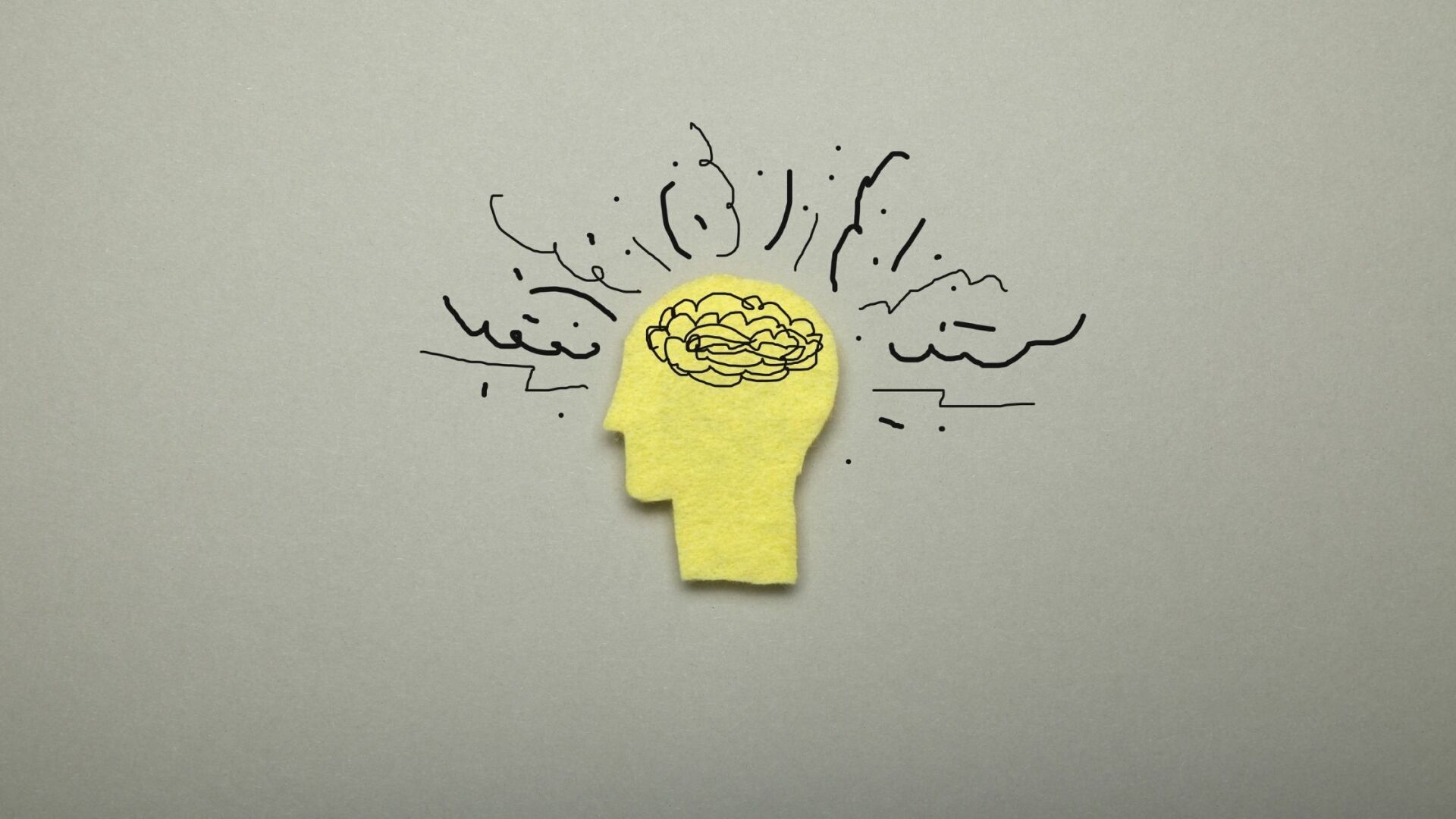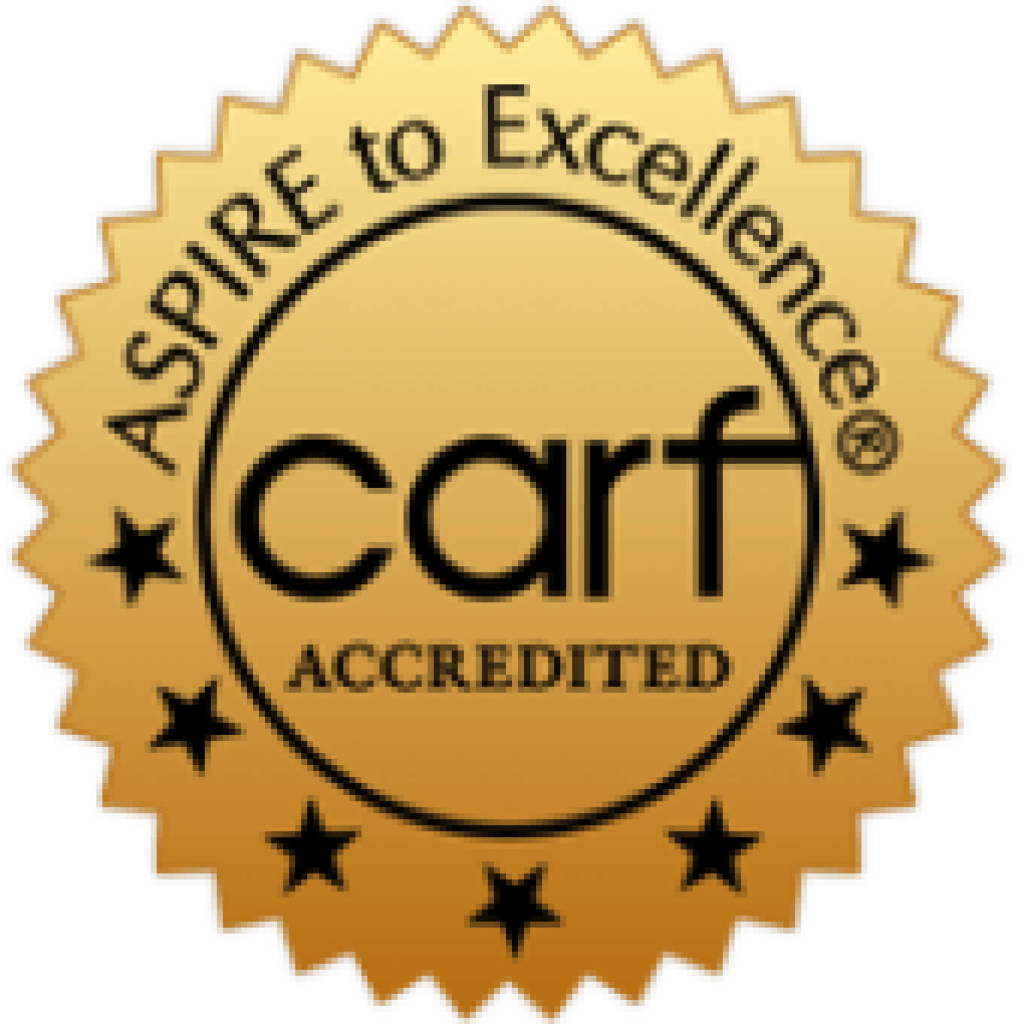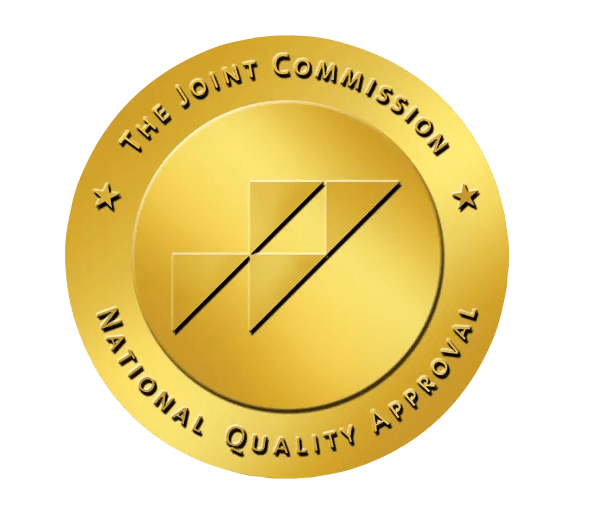How Are ADHD and Substance Abuse Linked?
The Surprising Link Between ADHD and Substance Abuse
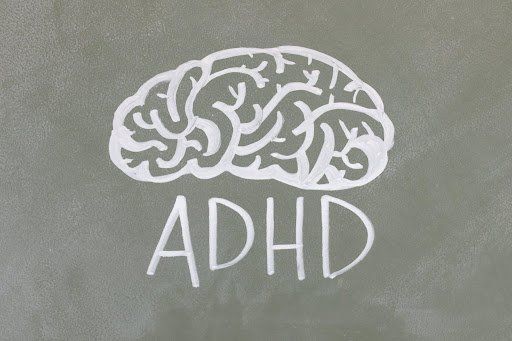
Attention Deficit Hyperactivity Disorder (ADHD) is a disorder usually diagnosed during childhood but lasts well into adulthood.
The main symptoms of the disorder include difficulty concentrating, staying still, focusing on boring or laborious tasks, and controlling impulses.
Studies have shown that ADHD increases the risk for substance abuse, with long-term research focusing on how and why it happens.
In this article, we will discuss substance abuse in the context of ADHD, how those suffering from the disorder may develop such disorders, and how this can be treated.
ALSO READ: 5 Myths About Medication Assisted Treatment (MAT)→
ADHD and Substance Abuse: Statistics and Prevalence
There is a strong link between ADHD and substance abuse.
Data suggests, the prevalence of ADHD is around 25% among adults receiving treatment for alcohol and substance addiction.
Further research indicates that children with ADHD are 2-3X more likely to abuse substances than children without the disorder. An ADHD diagnosis is seen as a strong predictor of adult alcohol and substance abuse.
Why Is Substance Abuse More Likely in Individuals With ADHD?
There are many reasons why substance abuse may be more likely in those who have ADHD.
One of the main contributors to the issue is that those suffering from the disorder are more impulsive and, thus, are likelier to experiment with illicit substances.
Another reason is that genes are shared between the two disorders, both of which run in families.
However, the most prevalent reason for this is self-medication. Individuals with ADHD have structural changes in their brains, such as less dopamine.
Substances can be used to increase the level of dopamine in the brain. Furthermore, those with ADHD often turn to substances like alcohol and drugs to help them deal with other problems, including social and academic problems.
They may also use substances to help them deal with the stress that comes with the condition.
However, substances like alcohol and illegal drugs do not help ease ADHD symptoms. They may exasperate them.
Some individuals may take cannabis to ease their symptoms, but instead, they can worsen attention span and focus and negatively affect impulse control.
Others may opt to have coffee instead but discover that too much caffeine makes their memory worse instead of better.
Does ADHD Medication Enable Substance Abuse?
Some have gone as far as to suggest that medication used to control the symptoms of ADHD can lead to addiction.
However, long-term studies have proven this to be untrue.
In a 2013 meta-analysis about stimulant medication and substance use outcomes, the data showed that ADHD medication did not increase or decrease the risk of lifetime substance abuse.
A 2016 meta-analysis further showed that those who took medication for ADHD were 7.3% less likely to develop SUD than those who did not take medication for the disorder.
This is because medicating and treating the symptoms protects against substance abuse.
Treating Substance Use Disorder in Patients With ADHD
Because substance abuse often stems from ADHD, it’s important to consider both diagnoses when formulating a treatment plan. Fortunately, many different programs address both issues simultaneously.
At Pathways Recovery Centers, we take a dual-diagnosis approach to addiction in patients with ADHD and ensure that we use different treatment methods to tackle both problems.
The majority of our therapists are dually licensed to meet this exact need. We believe in treating underlying issues and designing individualized treatment plans for each patient to assist them throughout their addiction recovery journey.
Conclusion
In addition to this, we ensure various treatment programs available to meet all kinds of needs. From 24/7 medically monitored detoxification to private sobriety coaching, we offer different types of programs so that there’s something for everyone.
If you or a loved one is suffering from addiction and requires help, we have both inpatient and outpatient treatments available. To help you determine which program is best suited to your individual needs, please contact Pathways Recovery Centers to learn more.
